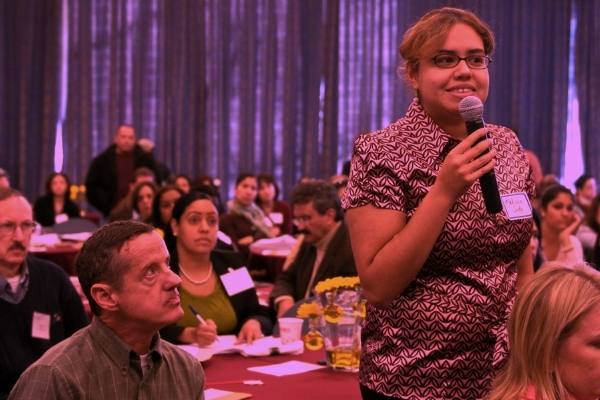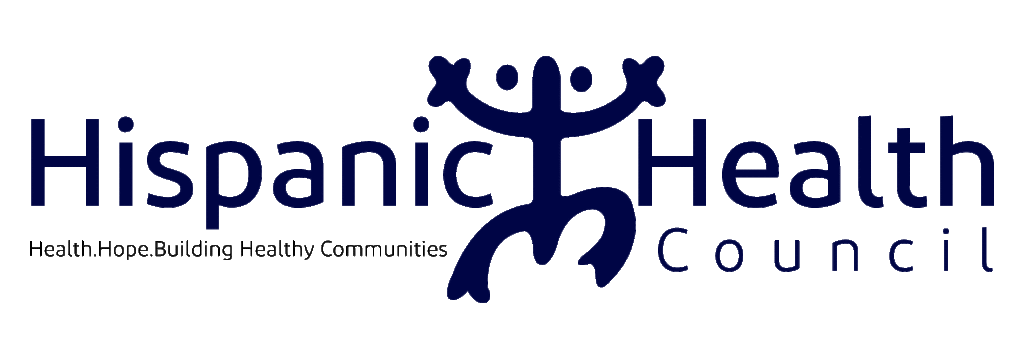We are an exceptional and passionate grassroots, human support organization serving the entire State of Connecticut.
Advocacy Overview
One of the Hispanic Health Council’s core pillars is system and policy advocacy, conducted to impact the many barriers to health experienced by diverse communities at the causal level. We conduct system and policy advocacy to assure that conditions are in place for all people to achieve their highest level of health. The Hispanic Health Council’s advocacy focuses on a broad array of social determinants of health. Current advocacy work focuses on development and sustained support of the community health worker workforce and universal access to affordable, quality healthcare.
Advocacy Strategies
Our approach to achieving system and policy change is multi-faceted, including the following strategies:
• Legislative and administrative advocacy conducted by the Hispanic Health Council leadership and Community Health Workers
• Convening or participating in media events, contributing op-eds to media, about system/policy issues
• Convening focused, facilitated community forums involving policy leaders
and advocates, designed for leaders to be exposed to community perspectives about policy issues
• Convening of policy symposia for education and influencing of policymakers, public officials, clinical healthcare, healthcare payer and public health leaders, advocates, community health workers, and others
• Development and dissemination of policy briefs on specific policy topics
• Participation in local, state, and national-level boards, task forces, committees that offer the opportunity to influence system and policy design.
Community-Based Participatory Research Overview

Community-based research has been a core pillar for the Hispanic Health Council’s pursuit of its mission since its inception. The Hispanic Health Council conducts research and evaluation projects to improve systems, policies, and large-scale programs through an equity lens. The objective is to use community-based participatory research (CBPR) to fully engage community members in identifying health-related needs and designing needed programmatic and policy/system changes to address them. Formative research engages community members in designing service interventions and evaluation research assesses outcomes and impact. As our work has progressed, we have identified a lack of culturally relevant health-related education and support services available to the Latino community. As a result, we have developed evidenced based services in response to these barriers. The Hispanic Health Council conducts much of its research in highly productive, equitable academic and clinical partnerships. Examples of partners include YALE University and the University of Connecticut.
Publications

